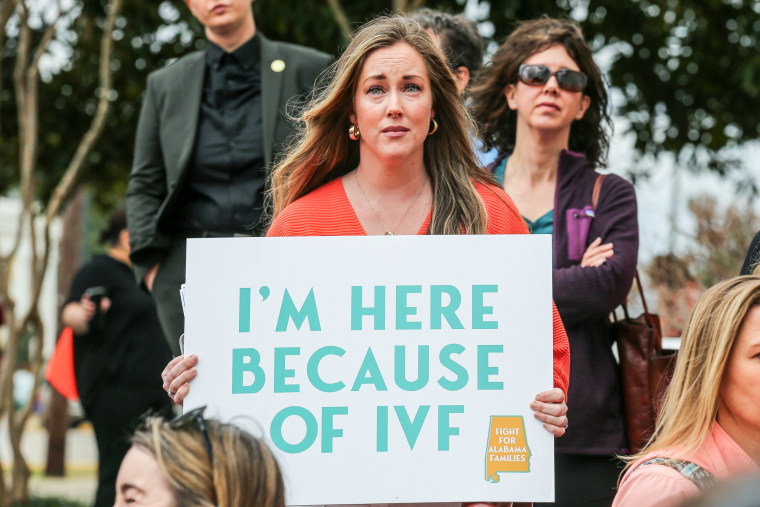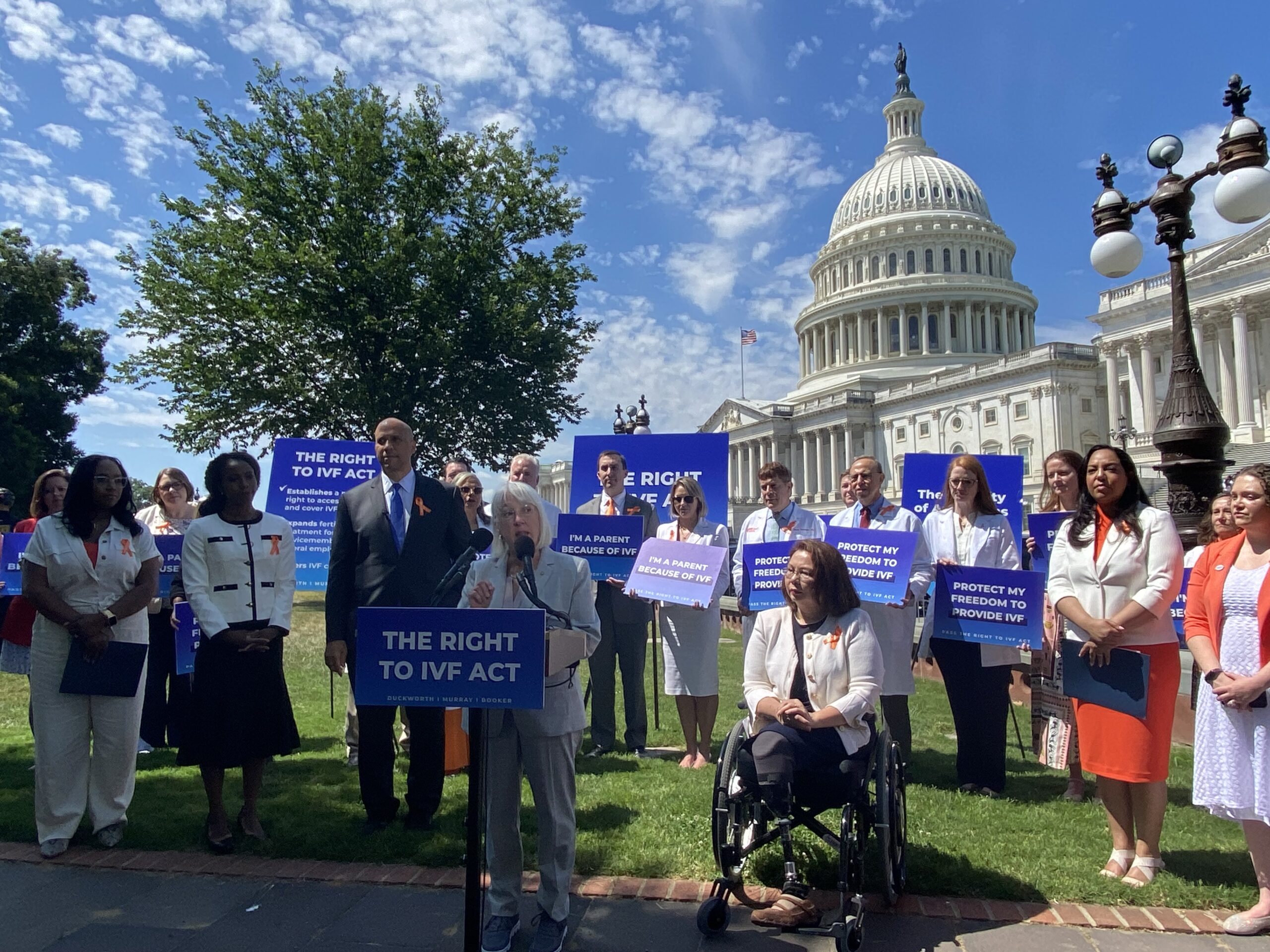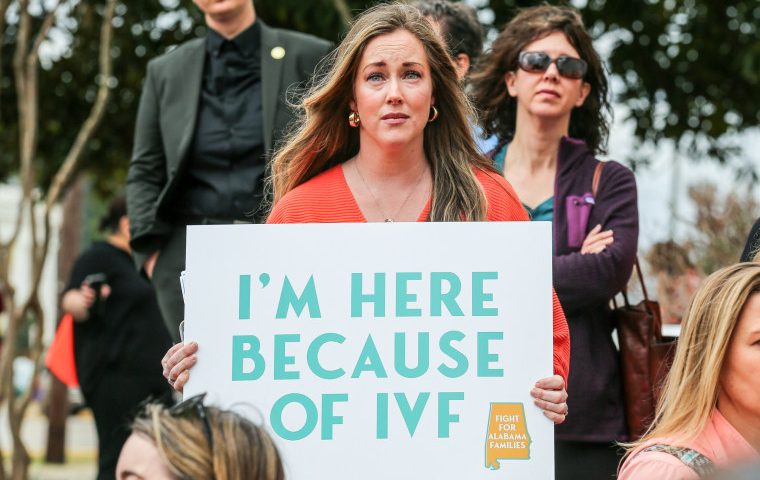
Boston IVF: Your Guide to Fertility, Family, and a Future Full of Hope
March 24, 2025
IVF Treatment in Alabama: Everything You Need to Know and More
March 24, 2025The IVF Bill in the Senate: What You Need to Know About This Big Debate
Hey there! If you’ve been scrolling through the news lately—or maybe just chatting with friends—you might’ve heard about the IVF bill making waves in the U.S. Senate. It’s a topic that’s got people talking, arguing, and even crying tears of hope or frustration. But what’s it all about? Why does it matter? And why should you care? Let’s dive in and unpack this whole thing together—like we’re sitting down with a cup of coffee (or your favorite soda) and figuring it out step by step.
This isn’t just some boring political story. It’s about families, dreams, and the messy reality of making laws that affect real people. Plus, we’ll dig into some stuff you won’t find in the headlines—like secret worries lawmakers might have, surprising stats, and tips for anyone curious about IVF. Ready? Let’s go!
What Is the IVF Bill, Anyway?
So, first things first: IVF stands for “in vitro fertilization.” It’s a medical process where doctors help people have babies by combining an egg and sperm outside the body, then placing the embryo into the womb. It’s been around since the 1970s and has helped millions of families grow—like a modern-day miracle for some. But the IVF bill in the Senate? That’s about making sure everyone who needs it can get it, no matter where they live or how much money they have.
The bill’s official name is the Right to IVF Act. It popped up in 2024, led by Senator Tammy Duckworth from Illinois. She’s a mom who used IVF herself, so this is personal for her. The idea? To make IVF a legal right across the U.S., protect doctors who offer it, and even force insurance companies to cover it. Sounds simple, right? Well, not quite. It’s sparked a huge tug-of-war in Washington, and we’re going to figure out why.
Why This Bill Exists
Here’s the deal: IVF isn’t guaranteed everywhere. In some states, laws could mess with it—like when Alabama’s Supreme Court said frozen embryos are “children” in early 2024. That freaked out a lot of clinics, and some even paused IVF treatments because they were scared of lawsuits. Imagine wanting a baby so bad, and then—bam—someone says, “Sorry, not here.” That’s why this bill wants to step in and say, “Nope, IVF is safe and legal, period.”
But it’s not just about protecting IVF. It’s also about making it easier to afford. Right now, IVF can cost $12,000 to $20,000 per try, and most insurance plans don’t cover it. For lots of families, that’s a dream-killer. The Right to IVF Act wants to change that by saying insurance has to help pay. Cool, huh?
The Senate Showdown: What Happened?
Okay, let’s talk about the drama in the Senate. Picture it: a big room full of lawmakers, some shouting, some whispering, all voting on this bill. It’s happened twice in 2024—once in June and again in September—and both times, it didn’t pass. Why? Because in the Senate, you need 60 votes to get most things done, and this bill only got around 51. Close, but no cigar.
The Votes: Who Said Yes, Who Said No?
Here’s how it broke down:
- Democrats: Almost all of them said “yes.” They’re the ones pushing this bill hard, led by folks like Chuck Schumer (the Senate boss) and Tammy Duckworth. They see it as a way to protect families and fight for “reproductive freedom”—a big buzzword these days.
- Republicans: Most said “no.” Only two—Lisa Murkowski from Alaska and Susan Collins from Maine—voted “yes” both times. The rest? They blocked it. Some big names, like JD Vance (yep, the VP candidate), even skipped the second vote.
So, why the split? It’s not as simple as “Team Baby vs. Team No Baby.” Let’s dig deeper.
Why Republicans Said No
Republicans aren’t against IVF itself—most say they love it! But they didn’t like this bill. Here’s what they’re saying:
- It’s Too Big: They think the bill grabs too much power from states. Like, why should Washington tell Texas or Alabama what to do? They’d rather let each state figure it out.
- It’s a Trick: Some called it a “show vote”—a political stunt by Democrats to make Republicans look bad before the 2024 elections. Sneaky, right?
- Religion Stuff: A few worry about embryos. If they’re “life,” what happens to extras that don’t get used? That’s a quiet debate not everyone talks about out loud.
But here’s a juicy tidbit: some Republicans might secretly stress about IVF costs. One senator (who didn’t want their name out there) told a reporter they’re scared mandating insurance coverage could make premiums skyrocket for everyone. Nobody wants that on their record!
Democrats’ Big Push
Democrats, though? They’re all in. They tied this to bigger issues—like abortion rights after the Supreme Court flipped Roe v. Wade in 2022. They’re saying, “If embryos get rights, IVF could be next on the chopping block.” And with Trump saying he’s “a leader on IVF,” they dared him to prove it by getting his party onboard. Spoiler: he didn’t.

The People Behind the Bill: Who’s Fighting for It?
This isn’t just about faceless politicians. Real people with real stories are driving this fight. Let’s meet a couple of them.
Tammy Duckworth: The IVF Mom in Charge
Senator Tammy Duckworth is the heart of this bill. She’s not your typical senator—she’s a war veteran who lost both legs in Iraq. After that, she and her husband wanted kids, but injuries made it tough. IVF gave them their two daughters. She’s said, “I know what it’s like to pray for a family and get shut down.” Her passion’s real, and it’s why she’s pushing so hard.
Fun fact: Tammy’s a sci-fi nerd! She’s admitted to binge-watching Star Trek to unwind. Imagine her drafting this bill with Captain Kirk in the background—pretty cool, right?
The Families Waiting in the Wings
Then there are the everyday folks. Take Jamie Heard from Alabama. She was mid-IVF when that court ruling hit. She told reporters, “I was terrified I’d lose my chance at a second kid.” Her story’s one of thousands. These families aren’t just stats—they’re people hoping, stressing, and cheering for this bill.
Why IVF Matters: The Numbers and the Feelings
Let’s zoom out. Why’s IVF such a big deal? Here’s some stuff that might surprise you.
The Stats That’ll Blow Your Mind
- 1 in 6: That’s how many couples struggle to have a baby naturally, according to the CDC. IVF’s their lifeline.
- 8 Million: Babies born via IVF worldwide since 1978, says the European Society of Human Reproduction. That’s a small country’s worth!
- $1 Billion: What Americans spend on IVF yearly, per a 2023 study from FertilityIQ. It’s a huge industry—and a huge dream.
The Emotional Rollercoaster
IVF isn’t just science—it’s personal. Imagine saving up for years, getting your hopes up, then hearing “no” because of laws or money. One mom, Sarah, shared online: “It’s like riding a wave—you’re up, you’re down, and sometimes you crash.” That’s why this bill hits so close to home for so many.

What’s Missing From the Conversation?
Okay, here’s where we get into the good stuff—things you won’t find in most articles. A lot of the chatter focuses on votes and politics, but there’s more under the surface. Let’s peel back the curtain.
The Hidden Cost Debate
Everyone talks about IVF being pricey, but did you know the average couple tries two to three cycles before success? That’s $24,000 to $60,000! And here’s a twist: a 2024 report from the American Society for Reproductive Medicine (ASRM) found that if insurance covered IVF, it could lower overall healthcare costs long-term. How? Fewer risky multiple births (like twins or triplets) that need expensive care. Bet you didn’t see that in the news!
The Military Angle
This bill’s got a perk for soldiers and veterans—like letting them freeze eggs or sperm before deployment. Why’s that cool? Combat injuries can mess with fertility. Senator Duckworth knows this firsthand. A 2023 Pentagon study said 1 in 5 female vets face infertility—way higher than average. This bill could be a game-changer for them, but nobody’s shouting about it.
The Embryo Dilemma
Here’s a quiet worry: what happens to unused embryos? Some families freeze them, some donate them, some let them go. But if states say embryos are “people,” could that ban IVF leftovers? A 2024 poll by Gallup found 80% of Americans think IVF’s “morally okay,” but only 40% are cool with tossing embryos. That split’s a big deal—and lawmakers are tiptoeing around it.
How Does This Affect You?
Maybe you’re not planning a family yet—or ever. So why care? Because this bill’s about more than IVF—it’s about choices, fairness, and who gets to decide your life.
If You’re Thinking About IVF
Here’s a quick checklist to see where you stand:
- ✔️ Check Your State: Some states (like New York) already help with IVF costs. Others? Not so much. Look up your local laws!
- ❌ Don’t Wait: If this bill fails, costs could stay high, and access could shrink. Start saving or researching now.
- ✔️ Talk to Your Doctor: They can tell you what’s possible where you live, bill or no bill.
If You’re Just Watching
Even if IVF’s not your thing, this fight’s a window into bigger stuff—like how laws shape families. Plus, it’s a wild story! Think of it like a real-life drama series, but with votes instead of cliffhangers.
What Could Happen Next?
The bill’s down, but not out. Here’s what might be coming, based on the latest buzz and some smart guesses.
Option 1: Try, Try Again
Democrats could bring it back in 2025—especially if they win more Senate seats in November 2024. Tammy Duckworth’s hinted at this, saying, “We’ll keep fighting until families win.” A new Congress could flip the odds.
Option 2: States Take Over
If the feds fail, states might step up. Places like California and Illinois already lean pro-IVF. But red states? They could go the other way, especially with “personhood” laws. It’d be a patchwork mess—great if you’re in one spot, awful if you’re not.
Option 3: Trump’s Wild Card
Donald Trump’s said he’d make IVF free if he wins in 2024. No details, though! Experts like Dr. Jane Frederick, a fertility specialist, are skeptical. She told a podcast last month, “It’s a nice promise, but the math’s tricky—someone’s gotta pay.” Could he push Republicans to budge? Maybe, but don’t hold your breath.

Tips for Navigating the IVF World Right Now
While the Senate dukes it out, what can you do? Whether you’re dreaming of a baby or just curious, here’s some practical advice.
Step-by-Step Guide to Starting IVF
- Research Clinics: Look for ones with high success rates—check the CDC’s annual IVF report online.
- Ask About Costs: Get a full breakdown. Some clinics offer payment plans or discounts.
- Explore Grants: Groups like BabyQuest give money to cover IVF. Apply early!
- Talk Insurance: Even without this bill, some plans cover parts—like testing. Push your provider to explain.
Money-Saving Hacks
- ✔️ Shop Around: Prices vary by clinic. One in Ohio might charge $10,000, while one in LA hits $18,000.
- ❌ Avoid Scams: If a deal sounds too good, it might be. Stick to legit places.
- ✔️ Freeze Early: If you’re young and thinking ahead, freezing eggs now is cheaper than IVF later.
Emotional Survival Kit
IVF’s tough—physically and mentally. Here’s how to cope:
- Find a Buddy: Online forums (like Reddit’s r/infertility) are full of people who get it.
- Take Breaks: If it’s too much, pause. One study from 2023 found stress cuts IVF success by 20%.
- Celebrate Small Wins: Got a good embryo? Cheer! Every step counts.
The Bigger Picture: What’s at Stake?
This bill’s not just about IVF—it’s a battle over who controls your body and future. Democrats say it’s freedom. Republicans say it’s overreach. But behind the noise, it’s about real stakes:
- Equality: Will only rich folks get IVF, or everyone?
- Science: Can medicine keep helping families, or will laws stop it?
- Trust: Do you feel like lawmakers care about you?
Dr. Alan Copperman, a fertility expert, put it this way in a 2024 interview: “IVF’s a bridge between hope and reality. If we block it, we’re blocking dreams.” That’s the heart of this fight.
